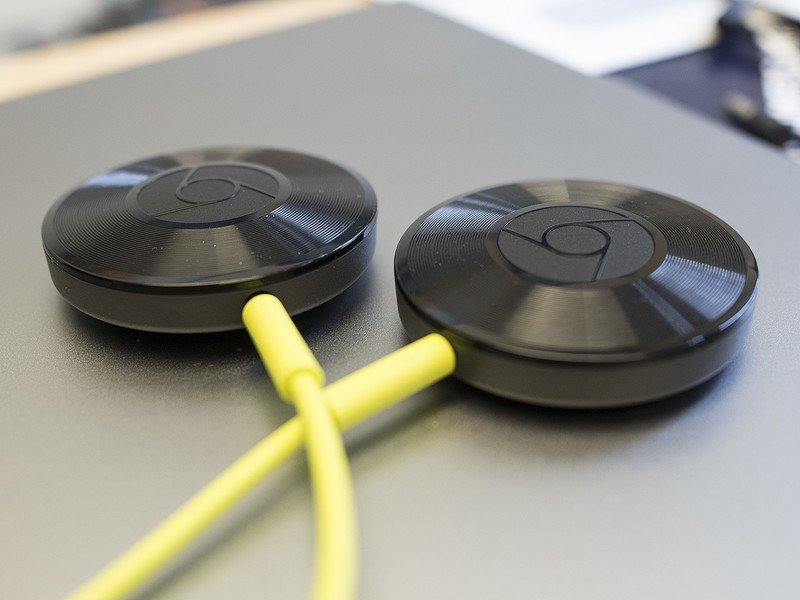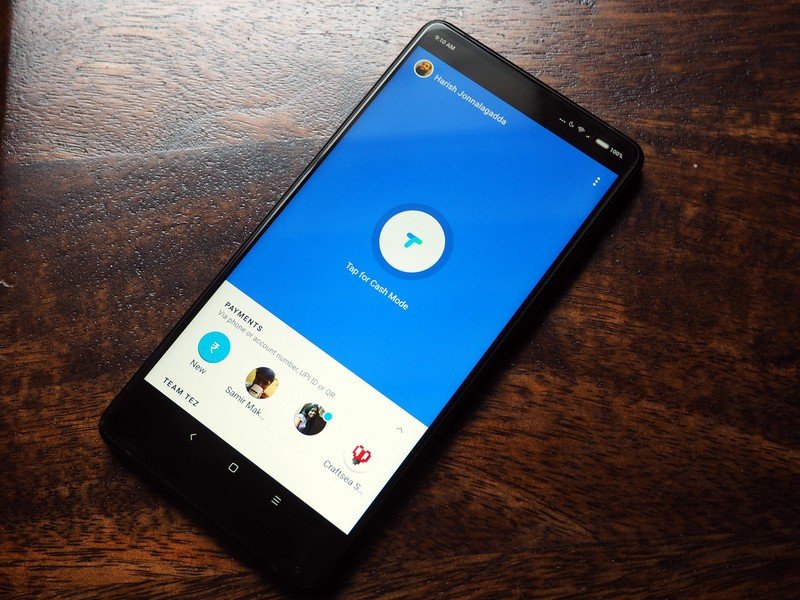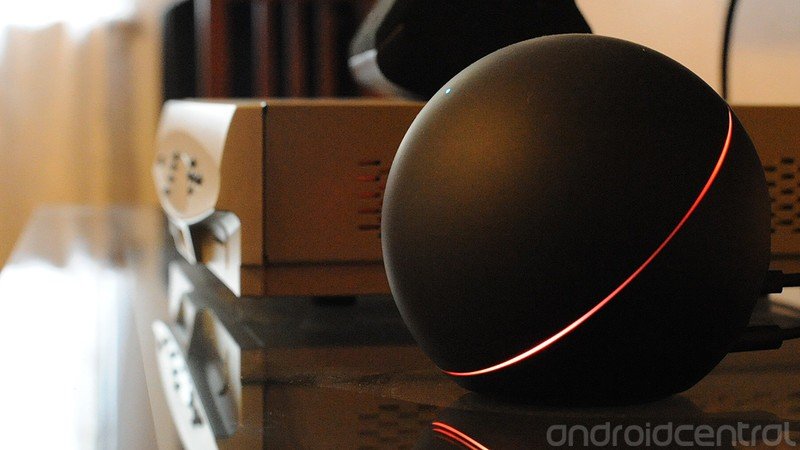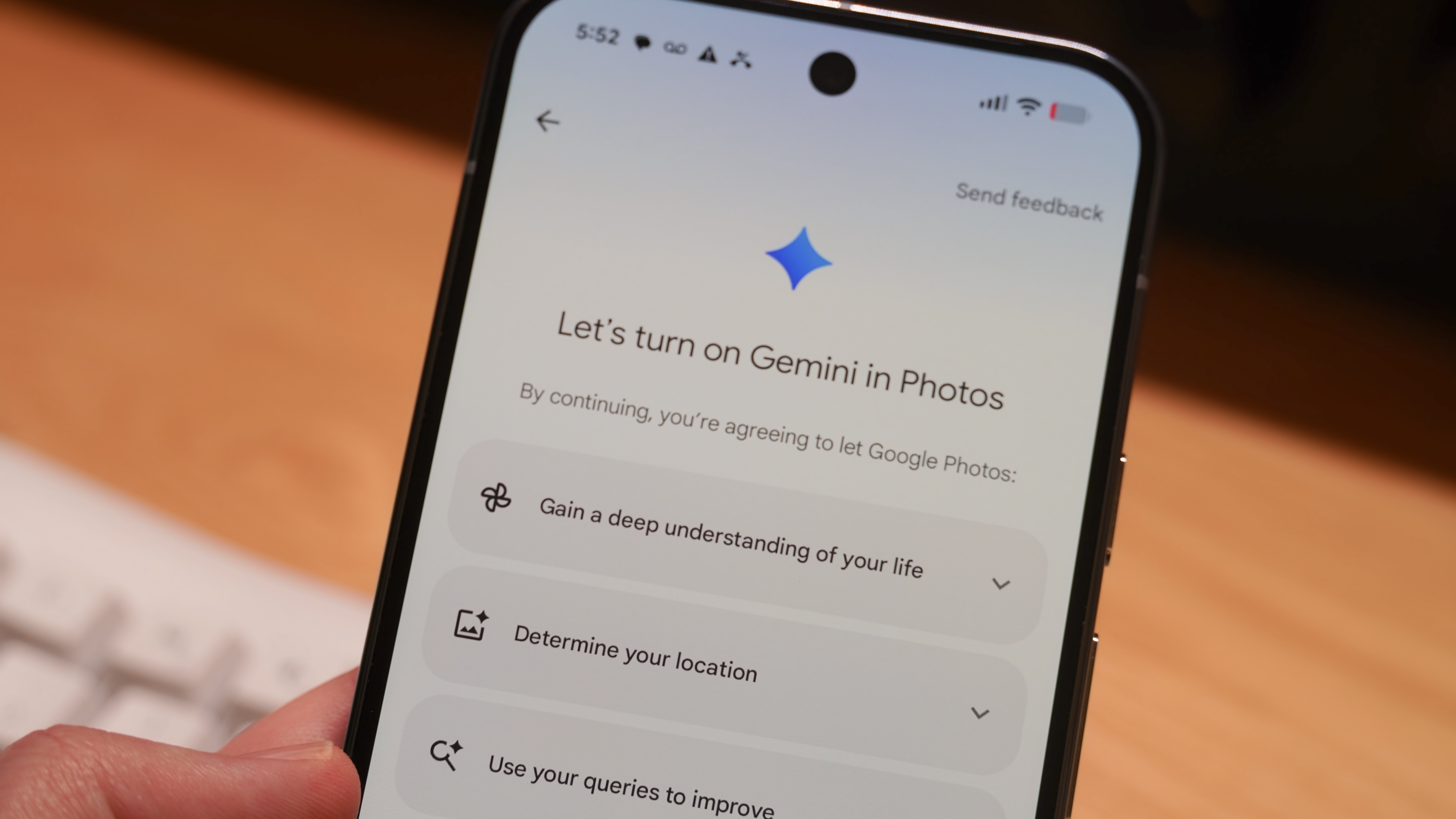Here's why Google kills so many of its projects

Get the latest news from Android Central, your trusted companion in the world of Android
You are now subscribed
Your newsletter sign-up was successful
There have been a lot of words written on the internet about the products and services Google has killed off. There is almost certainly a service or a piece of hardware Google sent to the grave that meaningfully affected you. I know I have, both as part of my job and on my own time.
While there are websites that only exist to tell us about things Google has killed, there's very little talk about why Google does it. Google, like Microsoft (which has killed its fair share of things) or Apple (ditto on the killing), wants you to "like" it as a company. If you dislike a certain company you stop using its products. It doesn't kill off anything without what it thinks is a good reason. Google simply has more products or kills them before they can lose enough money to affect the bottom line.
That's the thing: Google may have different reasons for halting different products, but one thing in common every time is a consideration for the bottom line. Google is not a charity and exists only to make as much money as it can. While it may have started as a cool idea in a garage somewhere, Google is now one of the largest and most valuable companies in the world. The people in charge want to keep it that way.

The scale problem
Google is too large for everyone to work together on everything and is split into a lot of smaller, more manageable teams. These groups each have a central focus and sometimes that focus changes or is merged into its parent. Look at Inbox as an example. You may have used Inbox and loved it, but it's dead and now you have to use another Gmail client. While but while it died as a standalone app, the idea and the implementation is still alive and baked into the Gmail apps for Android, iOS, and the web. Some of Inbox is still there, at least in spirit — the parts that Google thinks best take advantage of its strengths.
Good ideas never die at Google; they're just merged into apps that make money.
The same can be said for other apps. Google News and Weather combined with Google Reader to bring us Google News. You still have your local news settings and curated lists of national and tech news but it's in a different package. This is because Google spends a lot of time experimenting and trying to find a way to give us what we want in the most efficient way possible — and serve ads as efficiently as possible, too.
Some of these experiments die, like Google+. Others move to a full-fledged money-making product, like Google Fi (formerly Project Fi) or Google Assistant (formerly Google Now). We just don't like the changes and our first instinct is to lament that Google killed a thing we liked to use.
How Google innovates

These dead products and iterations are really just a byproduct of how Google innovates. Google likes to move quickly to compete in a specific way, then take the time to ask questions like how it can do it better once it's already started. Google has very stiff competition from Apple, Amazon, Facebook, and Microsoft for almost every one of its potential moneymaking products and services. It can't afford to move slowly and take the time to make the "final" decision and stick with it. Google likes to throw out ideas and see if they stick.
Get the latest news from Android Central, your trusted companion in the world of Android
Google Tez was wildly successful so everything good about it became Google Pay.
Google Pay is a recent example that comes to mind. Competition from Apple and Amazon is fierce when it comes to payments, and Google fell behind because it didn't act quickly enough. One of the things it threw at the proverbial wall was Tez, an India-only payment system that got very popular very quickly. Google has since shuttered Google Tez and turned it into Google Pay.
Google Tez was a success, but Google also is quick to kill a product that it thinks will never become successful. Most of these are services and products you've never heard of like Google Fusion Tables or specialized rack servers for internal enterprise search engines. If something doesn't create revenue and there is no way to morph it into a thing that does, Google pulls the plug.

Killing products and innovation goes hand in hand in other ways, too. All you need to do is look at Google's strategy on chat to see that. Hangouts, Allo, and Google Talk are dead or dying.
You never know what Google will kill next.
Google Messages is trying to take the best parts of each and bundle it all up into one Google Chat app. Will it be successful? Nobody knows, not even Google. It only knows that it needs to keep trying until it finds the right formula, no matter how long it takes or how many different apps it has to go through.
Will Google kill [my favorite service] next?
People feel real anxiety about Google's product lineup, especially those on the margins of profitability or the ones the company considers experiments. It's five years into its Pixel project that, despite building some of the best Android phones, it's likely not making much money; could Google kill off its smartphone lineup? Unlikely at this point, but it's certainly something I as a Pixel fan think about.
People are anxious about what Google will kill next, and that feeling is justified.
What about Stadia? Google's been at the cloud gaming platform for a year and is attracting AAA games and signing deals with major publishers, but there's still a lingering suspicion that, unlike Xbox and PlayStation, Google could pull the plug at any time. We've heard from game developers that they're wary of investing too much time into Stadia not just because the return isn't there yet, but because Google's history of killing off unsuccessful projects may leave them in the hole in a few years, or that audiences may feel the same way and just choose to avoid the platform altogether.
The most recent bout of murder, the Nest Secure, led to thousands of people complaining that they're left with an expensive piece of hardware that won't be supported for much longer. And after a long, slow expiration, Google Play Music played its last notes this week, even though its replacement, YouTube Music, still hasn't inherited all of its features. It's a mess.
And Google isn't done killing products; you never know what will be next on the chopping block. Outside of the core products like Search, Google Ads, and Gmail, every single product is fair game if Google thinks it can do it better.

Jerry is an amateur woodworker and struggling shade tree mechanic. There's nothing he can't take apart, but many things he can't reassemble. You'll find him writing and speaking his loud opinion on Android Central and occasionally on Threads.
